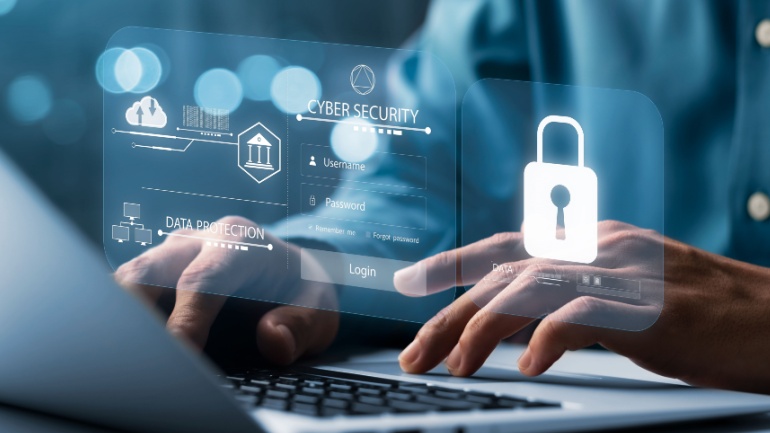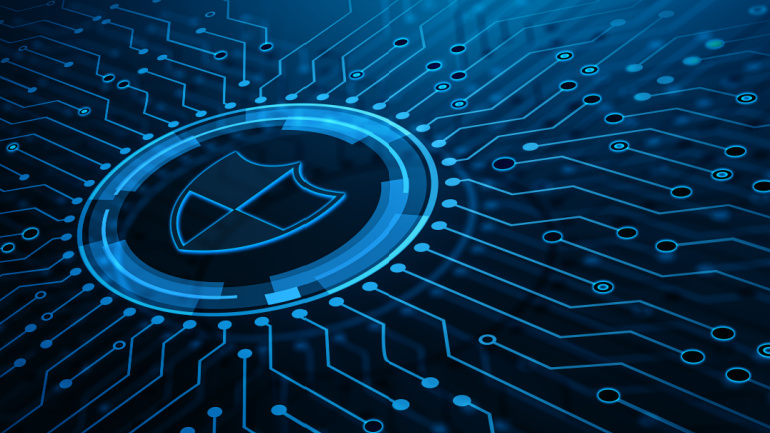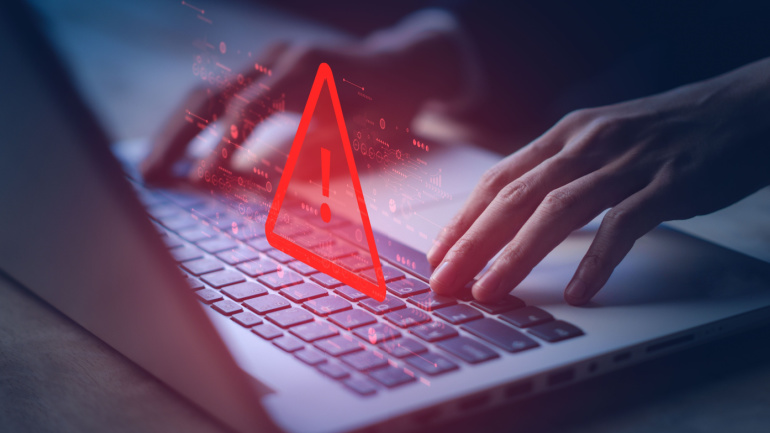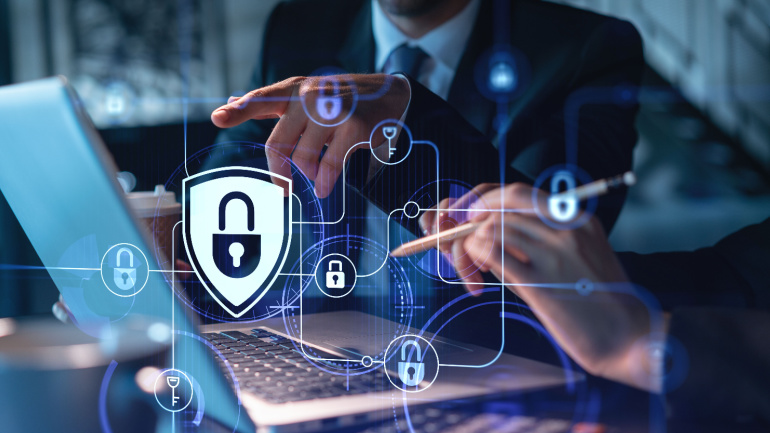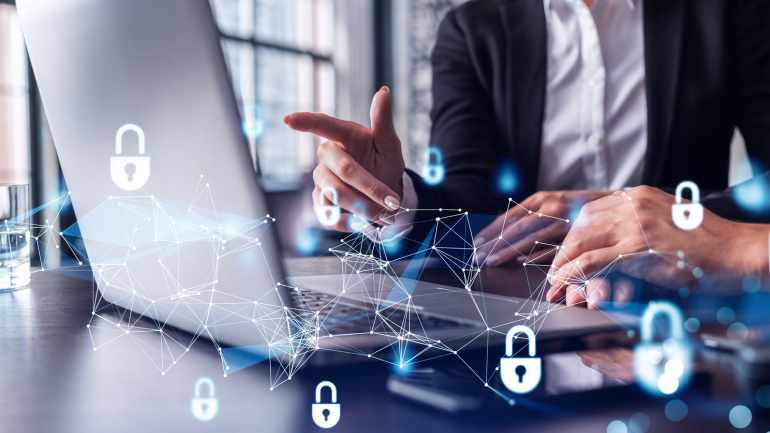The latest report from Cisco (NASDAQ: CSCO) reveals a stark reality: only a mere three percent of organizations worldwide possess the necessary level of readiness to combat modern cybersecurity risks effectively. Released today, the 2024 Cybersecurity Readiness Index underscores a notable decline from the previous year, where 15% of enterprises were classified as mature in their cybersecurity readiness.
LogRhythm, the company helping security teams stop breaches by turning disconnected data and signals into trustworthy insights, has expanded its partnership with e-finance, a subsidiary of e-finance Investment Group to deliver secure digital transformation in Egypt. The strategic expansion of the partnership sees the integration of LogRhythm into e-finance’s cloud computing platform. e-finance’s customers across critical industries including fintech, government, and healthcare gain access to LogRhythm SIEM to uncover threats, mitigate attacks, and scale their business with confidence.
Andrew Hollister, LogRhythm’s Chief Information Security Officer, highlights the ongoing struggle in cybersecurity: despite years of talk, the problem remains unsolved. Looking ahead to 2024, he points out challenges like the rise of generative AI and the need for better cloud security. He emphasizes that focusing on basics like strong passwords and regular updates is crucial for staying safe online.
Exploring fresh avenues in cybersecurity alliances, Ukraine and Romania envision bolstering digital frontline with an impactful pact. The focus pivots around supercharging cybersecurity, enabling 5G technology, and rehabilitating Ukraine’s connectivity infrastructures in light of recent cyber breaches. Spearheading distinctive initiatives, the collaboration plans to fortify national networks, establish a cloud-based public e-service platform and popularize 5G technology across Ukraine.
In the fast-evolving realm of cybersecurity, hackers are displaying remarkable agility in adapting their techniques to exploit technological advancements. The frequency and cost of cyber attacks employing social engineering tactics have witnessed a surge in 2023, and experts predict an even greater volume of such incidents in 2024. GlobalData, a prominent data and analytics company, forecasts a trend where cybercriminals will rapidly innovate and extend the use of methods like social engineering and deceptive practices designed to manipulate individuals into divulging sensitive information.
In a strategic move to bolster its cybersecurity offerings, SonicWall, a prominent player in the global cybersecurity arena, has officially acquired Banyan Security. Banyan Security is recognized as a leading provider of Security Service Edge (SSE) solutions tailored for the contemporary workforce, and this acquisition is poised to fortify SonicWall’s portfolio.
In a decisive move towards advancing its digital agenda, the European Union (EU) has earmarked a substantial €763 million for the Digital Europe Programme. The lion’s share of nearly €549 million will fortify ongoing projects and multi-country initiatives aligning with the Digital Decade targets. These targets, a roadmap for Member States, aim to accelerate digital transformation by 2030.
In a push for universal cybersecurity standards, the EU faces backlash from global telecommunications titans like Ericsson and Nokia, who warn of supply chain disruptions akin to those experienced during COVID-19. Striking a balance between stringent security measures and smooth product availability is crucial, prompting these industry leaders to suggest increased self-assessment and more lenient implementation timeframes. However, the underpinning question remains – who should ensure industry compliance, the vendors or third parties? Amidst the surge in cybercrime, a secure, streamlined approach is paramount.
5G and AI are more than just buzzwords; they’re shaping up to become the backbone of technological breakthroughs. Their ultra-fast capabilities are key for advancements including IoT and intelligent automation. However, with high speed comes high stakes, particularly in the domain of cybersecurity. Yet, despite potential risks, the limitless possibilities offered by 5G and AI, whether it’s efficiency gains or real-time interactivity, are compelling. This combination is set to revolutionize industries, driving anticipation for what lies beyond the tip of this transformative iceberg.
In a strategic move to enhance cybersecurity, Japan’s prominent technology players, including KDDI Corporation, KDDI Research, Inc., Fujitsu Limited, NEC Corporation, and Mitsubishi Research Institute, Inc. (MRI), have joined forces to initiate a groundbreaking endeavor. The project, set to commence on August 1, 2023, entails a series of trials investigating the integration of a Software Bill of Materials (SBOM) into the realm of communication, encompassing 5G and LTE network equipment.



